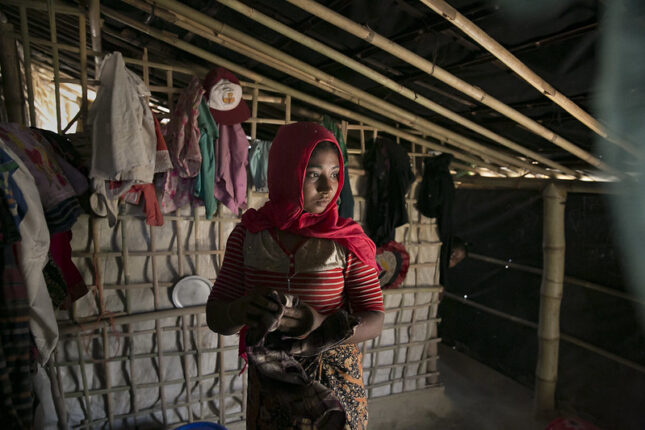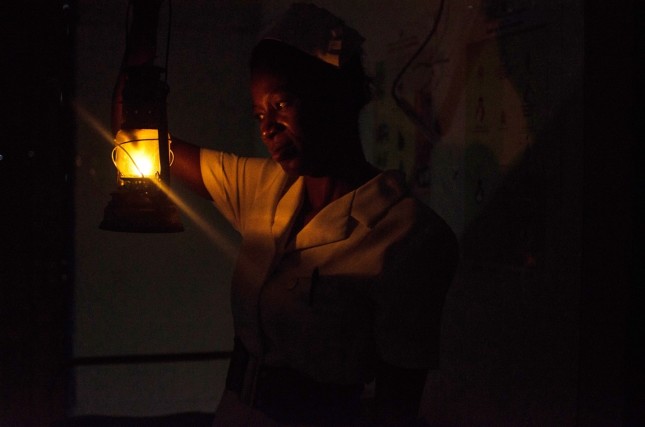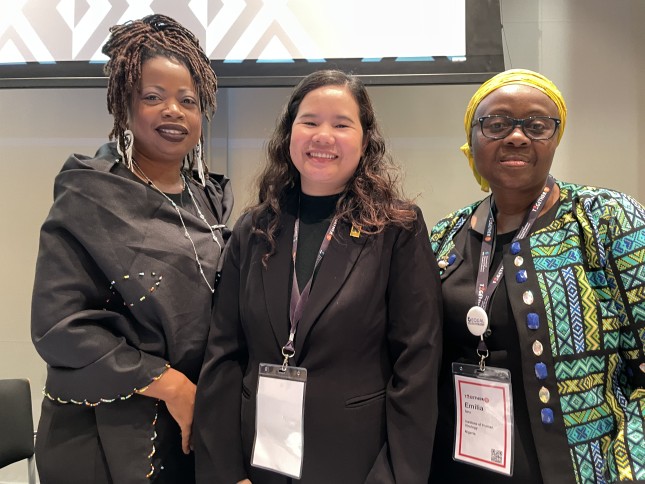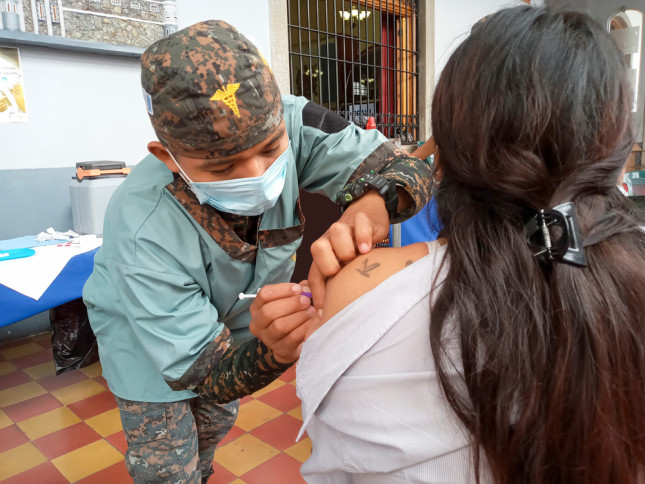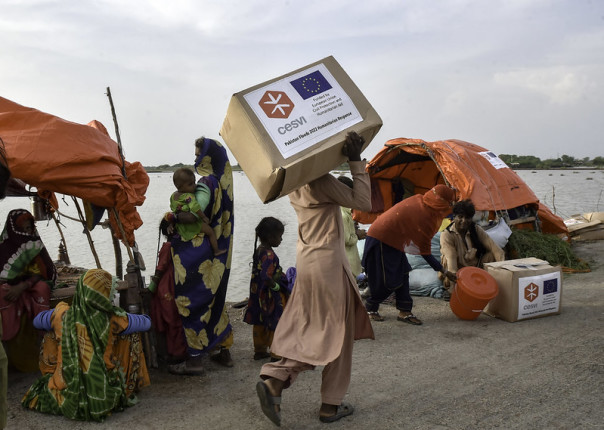-
Crisis to Innovation: Lessons from COVID-19 Can Transform Routine Immunization Strategies
›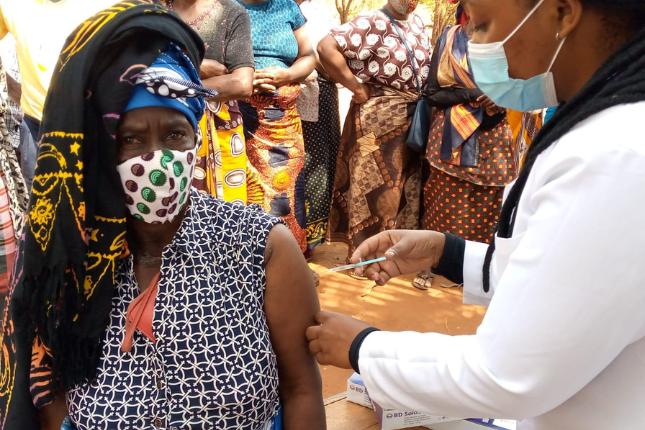
At a recent Wilson Center event, hosted in partnership with USAID’s MOMENTUM Routine Immunization Transformation and Equity Project, Dr. Folake Olayinka, Immunization Technical Lead of the Global Health Bureau at USAID, described a recent two year period as “the largest sustained backsliding of childhood vaccination,” citing the fact that “between 2019 and 2021, approximately 67 million children missed out on essential lifesaving vaccines.”
-
New Global Health & Gender Policy Brief: Women and Girls in Wartime
›
Throughout history, women have played crucial leadership roles during wartime, even if their contributions were not always well-documented or recognized. In times of conflict, societal norms sometimes shift, allowing women to step into positions of authority that might have been traditionally reserved for men. Despite indisputable evidence of women’s leadership and bravery during conflict, however, women continue to be construed as “victims” and “passive actors”—rather than the political agents, leaders, soldiers, and visionaries that they are.
-
ECSP Weekly Watch | October 9 – 13
›
A window into what we are reading at the Wilson Center’s Environmental Change and Security Program
Organizing Regional Action on Climate Change, Health, and Environment
As the 2030 deadline for the Sustainable Development Goals looms, the World Health Organization has proposed a new regional framework that aims to build climate-resilient and sustainable health systems, improve the health sector’s access to climate funding, and build an evidence base for policymaking.
-
Solar Suitcases for Safe Delivery
›
Imagine trying to perform a C-section, or conduct a delivery, in a hospital with no light.
For hundreds of thousands of health workers, this is the reality they face each night. Close to 300,000 women and one million newborns (primarily in sub-Saharan Africa and Southeast Asia) die from complications of pregnancy and childbirth each year. Hemorrhage, infection, eclampsia, obstructed labor, and unsafe abortion cause the majority of obstetric deaths— many of which could be prevented with access to timely emergency obstetric care.
-
Midwives in Humanitarian Settings: Realities of Strengthening an Essential Health Workforce
›
One in every 23 people is expected to need humanitarian assistance in 2023. That is a record 339 million this year alone. During such humanitarian crises, the needs of women, newborns and adolescents are often unmet, with devastating consequences. In fact, in 2023, 58 percent of global maternal deaths, 50 percent of newborn deaths, and 51 percent of stillbirths worldwide occur in the 29 countries with a UN humanitarian response plan or regional response plan.
-
Varicella Vaccination: An Essential Part of Latin America’s Public Health and Economy
›
It is a sign of enormous progress that vaccines are currently available to prevent more than 20 life-threatening diseases. And health and economic data supports the widespread benefits of regular access to vaccination in public health. Yet it is estimated that 20 million infants or so each year do not have access to vaccination for a number of diseases, including varicella (also known as “chickenpox”).
-
New Global Health & Gender Policy Brief: The Global Burden of Stillbirths
›
In 2021, 1.9 million stillbirths occurred globally. A baby who dies at or after 28 weeks of pregnancy,* and is born with no sign of life is classified as a stillbirth. Stillbirths can be caused by pregnancy and childbirth-related complications, like hemorrhage, placental abruption, and pre-eclampsia; maternal infections during pregnancy, including malaria and sexually transmitted infections; prolonged pregnancy to 42 weeks or more; and pre-existing health conditions. Other risk factors include maternal age and smoking during pregnancy.
-
Rethinking Population, Climate, and Health: Focusing on Solutions
›
News about global climate impacts that elevate mortality, wreak weather havoc, and create massive displacement is inescapable. And those are just the stories that make the headlines. Droughts in Africa are estimated to impact 250 million people and displace 700 million more by 2030. Climate impacts brought on by El Niño are devastating the food supply chain, exacerbating Guatemala’s struggle to reduce childhood malnutrition.
Showing posts from category health systems.


